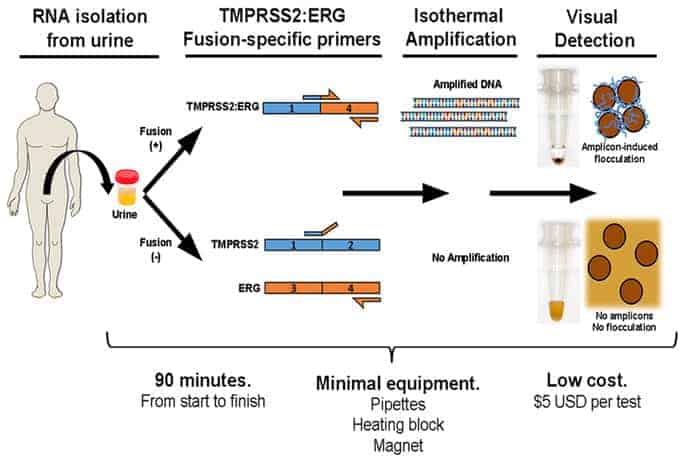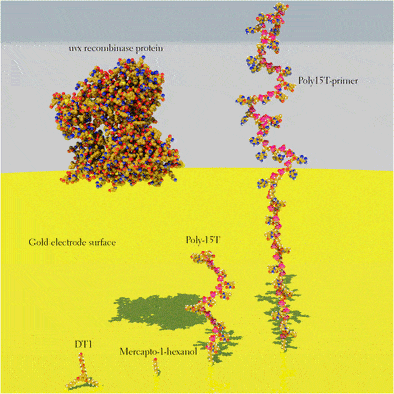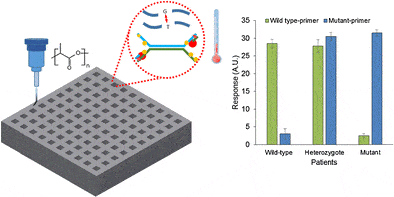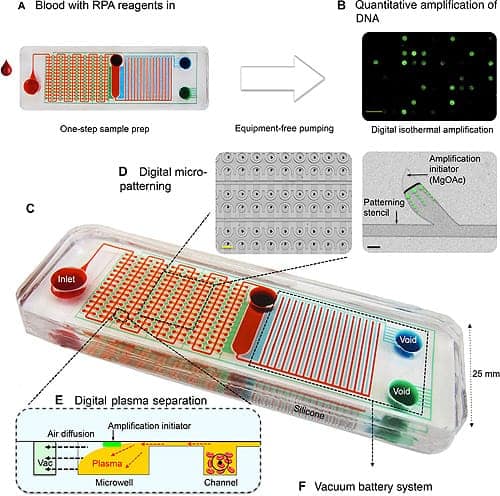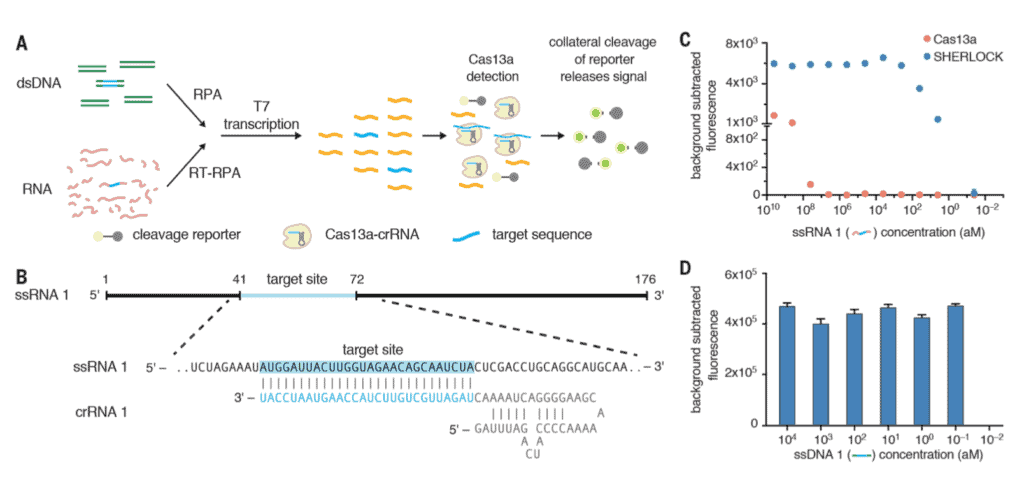Development of a rapid diagnostic assay for the detection of tomato chlorotic dwarf viroid based on isothermal reverse-transcription-recombinase polymerase amplification.
A molecular diagnostic assay utilizing reverse transcription-recombinase polymerase amplification (RT-RPA) at an isothermal constant temperature of 39 °C and target-specific primers and probe were developed for the rapid, sensitive, and specific detection of tomato chlorotic dwarf viroid (TCDVd) in infected leaf and seed tissues.

